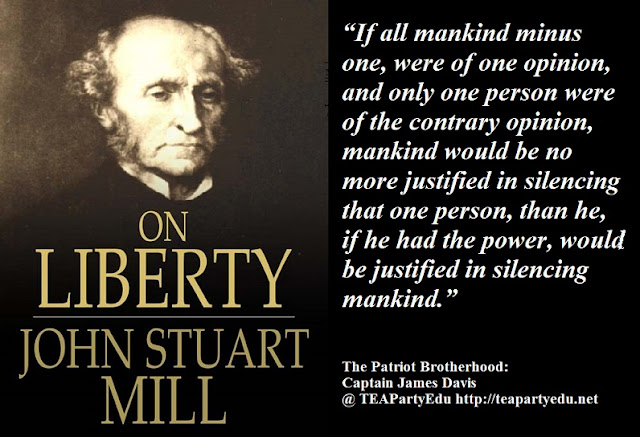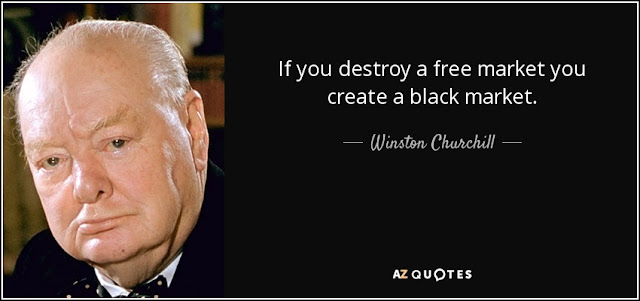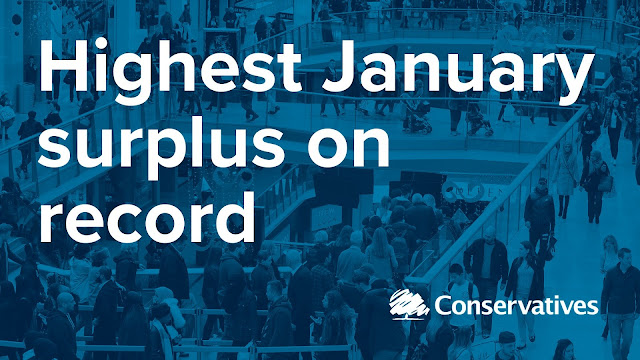The latest free speech row ...

I do not believe in absolute free speech, but I do believe in free speech within the law and that the law should be written in such a way as to allow as much free speech as is reasonably practical. And free speech doesn't mean anything at all unless it includes the freedom to say things that some people will very strongly dislike. As John Stuart Mill put it, Of course, words are sometimes used to do more than express an opinion, and where they an do great harm that is a horse of quite a different colour. Incitement to criminal behaviour is always wrong and does not come under the heading of free Speech within the law. Hence it isn't an attack on free speech within the law to stop people from saying things which can reasonably be interpreted as encouraging others to attack or harm any group of people. Such behaviour, alongside threats of violence and other clearly abusive comments can be and often is, prevented. Unfortunately it is not always easy to draw the li...











